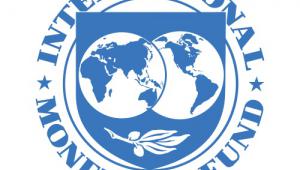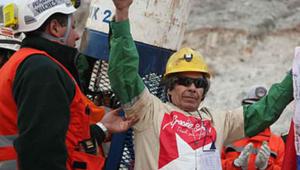By Mark Smulian | 24 July 2013
Central Africa faces short-term fall in growth driven by lower oil prices, the International Monetary Fund has said.
This warning follows the annual visit of fund officials to the Central African Monetary and Economic Community union of five states. They visited Yaoundé in Cameroon this year.
Joël Toujas-Bernaté, the fund’s mission chief for CEMAC, said that recent regional economic performance in the group had been solid, largely driven by public investment plans in several member countries.
He added: ‘In 2012, region-wide growth accelerated to 5.2%, driven by public investment, while inflation has remained in check, albeit slightly above the CEMAC regional convergence criterion of 3%. At the consolidated regional level, fiscal policy was expansionary and the primary balance deteriorated due to large expenditures.’
However, he said the outlook for the remainder of 2013 was one of a slowdown in economic growth to between 3-3.5%, largely due to the scaling-down of public investment in Equatorial Guinea.
Medium-term growth was expected to be solid at around 4% in the 2013-18 period, with inflation expected to remain at about 3%.
Toujas-Bernaté said: ‘Downside risks remain significant, as the region remains vulnerable to a decline in oil and other commodity prices, and a protracted slowdown in its partner countries.’
Looking at economic conditions in the area, the IMF found fiscal policy had been largely pro-cyclical.
High oil revenues had supported large infrastructure investment, but the build-up of fiscal buffers has remained uneven.
Member countries should prepare for a possible temporary fall in oil prices by creating buffers to sustain development, the fund recommended.
They should also focus on better management of non-renewable oil resources in an attempt to ‘delink’ fiscal spending from volatile resource revenues.
The fund was also concerned about the health of financial institutions in the area.
It said access to financial services in the region was among the lowest in Africa and the soundness of the financial sector ‘raises concerns as weaknesses in individual institutions need to be addressed’
Banking sector regulation should be strengthened and supervision improved, the fund said.
The main medium-term challenge for the CEMAC region was to move to higher, sustainable, and inclusive growth, to raise living standards, create jobs, and accelerate poverty reduction, according to the IMF.
These aims should be supported by a deepening of regional integration, in particular better coordination of the national development plans.













